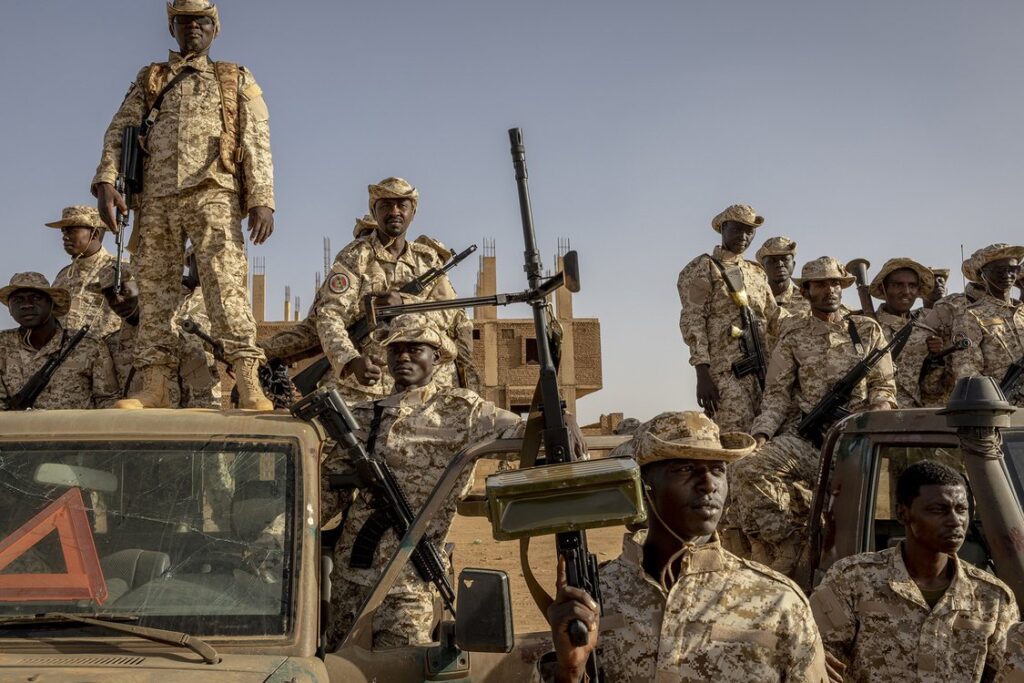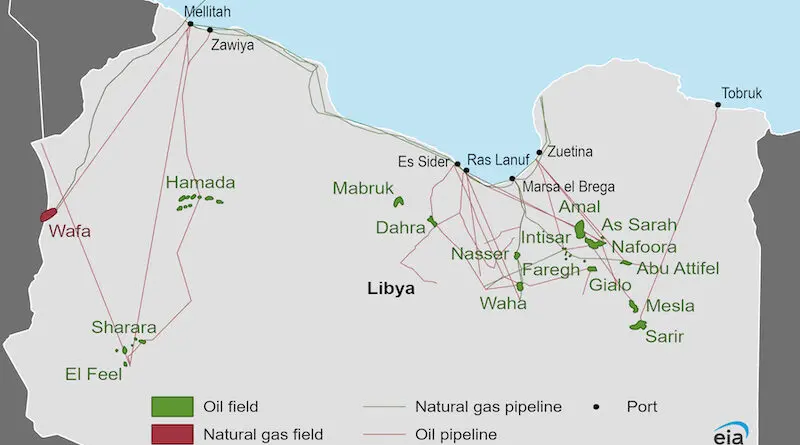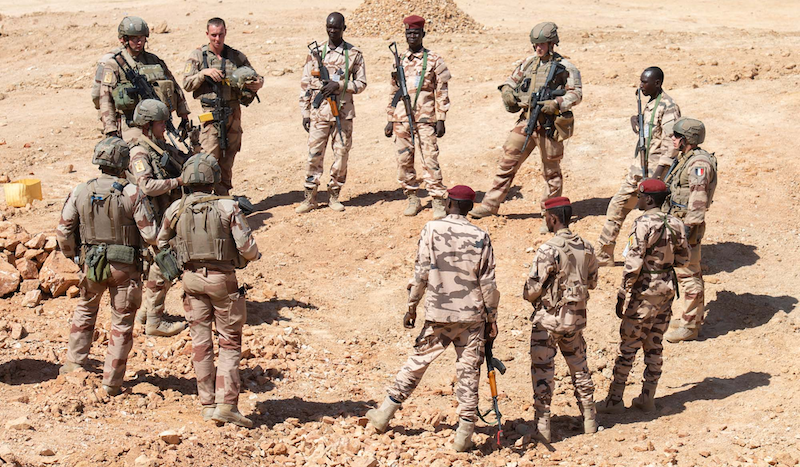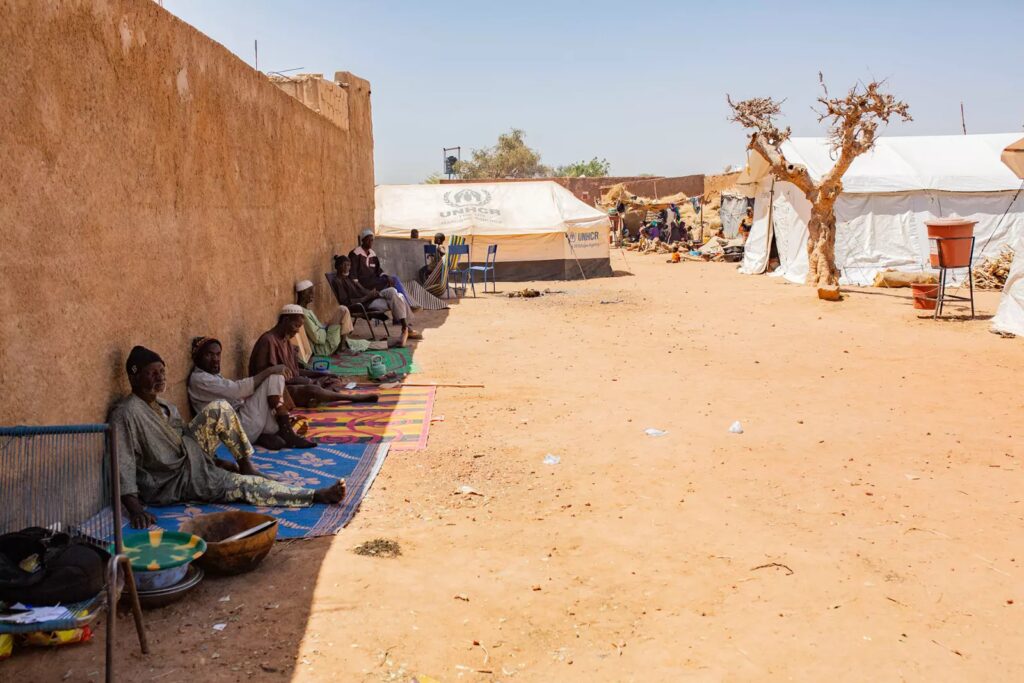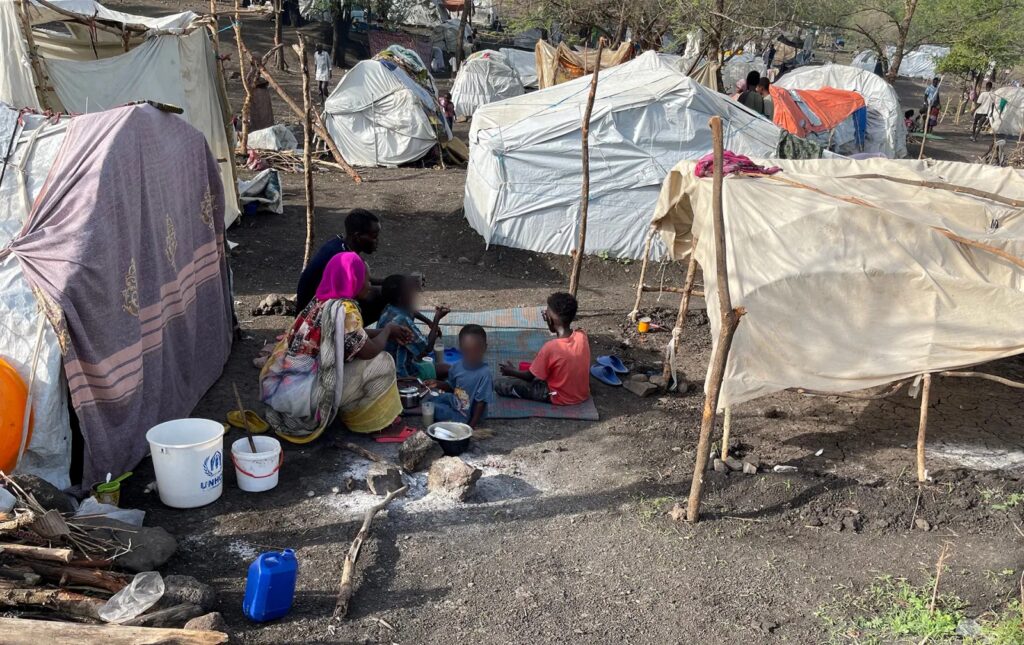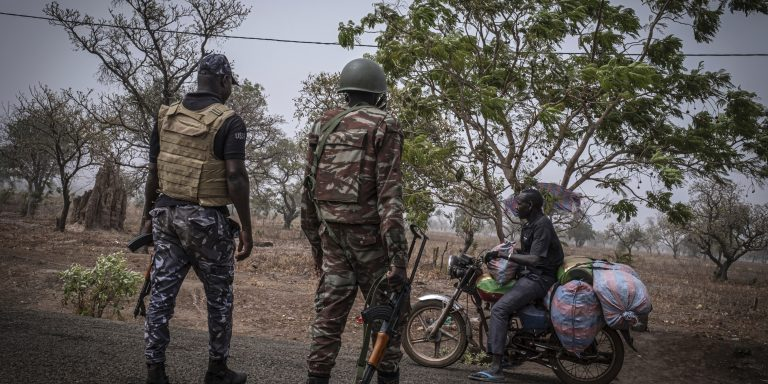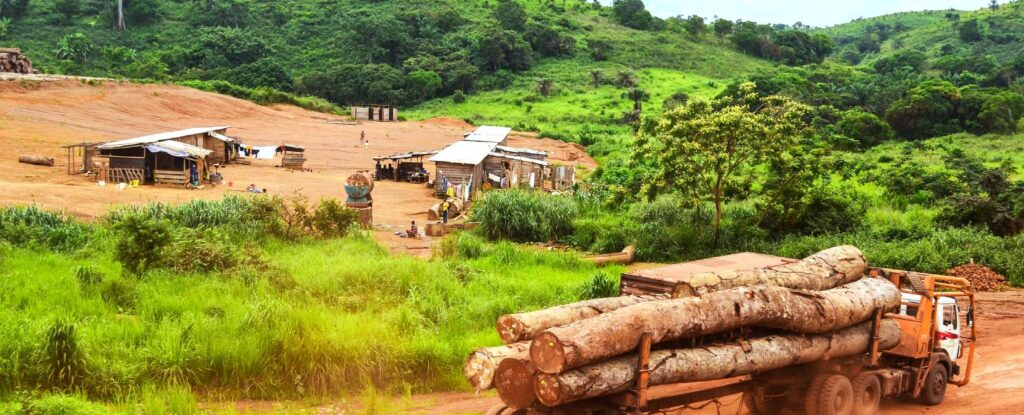Islamic State Claims Web of Attacks Across Africa
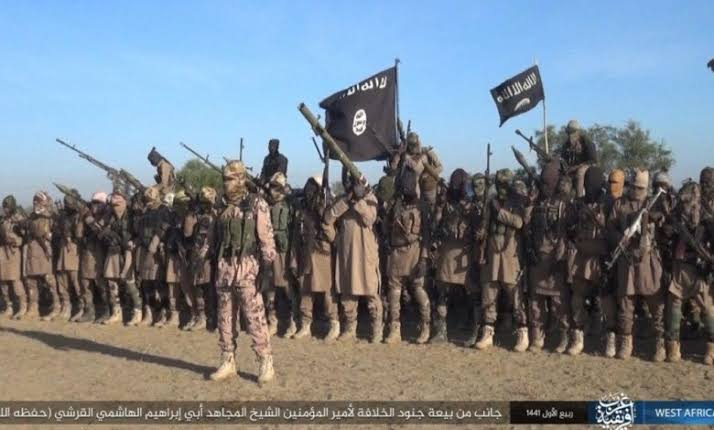
The terrorist group said it attacked military and civilian positions in Nigeria, Niger Republic, Mozambique, the Democratic Republic of Congo (DRC), and Mali, revealing the group’s sustained influence in Africa despite global efforts to curtail its activities.
In the newly released Al-Naba weekly newsletter, the Islamic State (IS) has claimed a series of attacks across several African countries in one week between Dec. 6 and 12, 2024.

